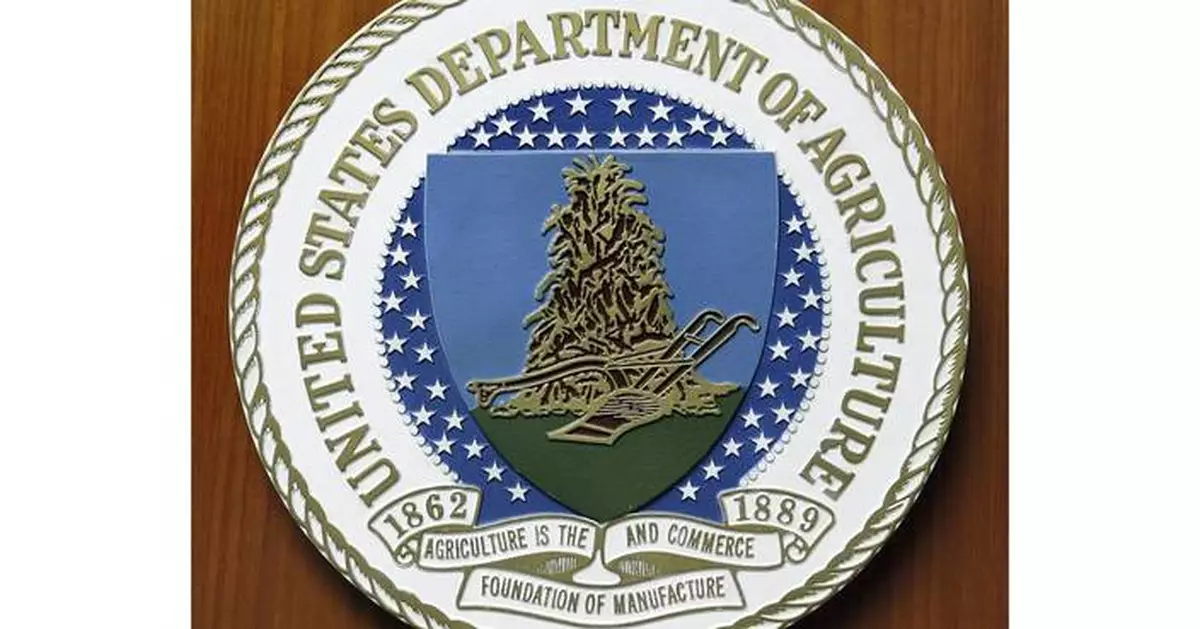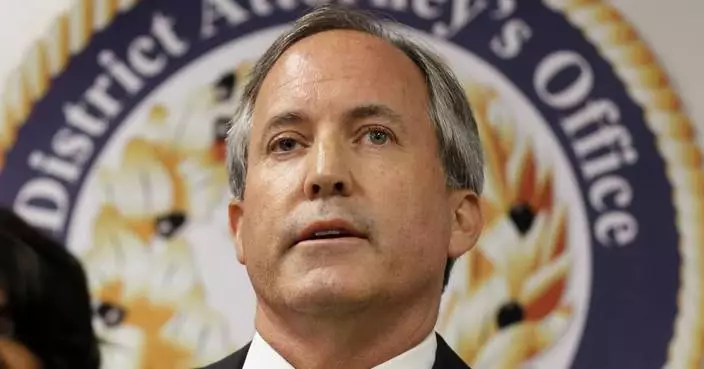At least 19 people in Minnesota have been sickened by E. coli poisoning tied to a national recall of more than 167,000 pounds of potentially tainted ground beef, federal health officials said.
Detroit-based Wolverine Packing Co. recalled the meat this week after Minnesota state agriculture officials reported multiple illnesses and found that a sample of the product tested positive for E. coli O157:H7, which can cause life-threatening infections.
Four of those who fell ill were hospitalized, including two people who developed a serious complication that can cause kidney failure, an official with the Minnesota health department said.
To date, no illnesses have been reported outside of Minnesota, according to the U.S. Agriculture Department. People fell ill between Nov. 2 and Nov. 14. The investigation is ongoing.
E. coli is a type of bacteria found in the environment, including water, food and in the intestines of people and animals. There are many kinds of harmless E. coli, but a few types can make people seriously ill.
Symptoms typically occur quickly, within a few days of eating contaminated food. They can include fever, vomiting, diarrhea — including bloody diarrhea — and signs of dehydration. The infection can cause a type of serious kidney injury, especially in kids younger than 5. People older than 65, who are pregnant or post-partum or who have weakened immune systems are also at risk. E. coli poisoning in young children requires immediate medical attention.
The Associated Press Health and Science Department receives support from the Howard Hughes Medical Institute’s Science and Educational Media Group. The AP is solely responsible for all content.

FILE - The logo of the United States Department of Agriculture is seen, Aug. 10, 2007, at the US Embassy in Berlin. (AP Photo/Michael Sohn, File)
ALBANY, N.Y. (AP) — New York repealed on Friday a seldom-used law over a century old that made it a crime to cheat on your spouse — a misdemeanor that once could have landed adulterers in jail for three months.
Gov. Kathy Hochul signed a bill repealing the statute, which dates back to 1907 and has long been considered antiquated as well as difficult to enforce.
“While I’ve been fortunate to share a loving married life with my husband for 40 years — making it somewhat ironic for me to sign a bill decriminalizing adultery — I know that people often have complex relationships," she said. "These matters should clearly be handled by these individuals and not our criminal justice system. Let’s take this silly, outdated statute off the books, once and for all.”
Adultery bans are actually law in several states and were enacted to make it harder to get a divorce at a time when proving a spouse cheated was the only way to get a legal separation. Charges have been rare and convictions even rarer. Some states have also moved to repeal their adultery laws in recent years.
New York defined adultery as when a person “engages in sexual intercourse with another person at a time when he has a living spouse, or the other person has a living spouse.” The state's law was first used a few weeks after it went into effect, according to a New York Times article, to arrest a married man and 25-year-old woman.
State Assemblymember Charles Lavine, sponsor of the bill, said about a dozen people have been charged under the law since the 1970s, and just five of those cases resulted in convictions.
The state's law appears to have last been used in 2010, against a woman who was caught engaging in a sex act in a park, but the adultery charge was later dropped as part of a plea deal.
New York came close to repealing the law in the 1960s after a state commission tasked with evaluating the penal code said it was nearly impossible to enforce.
At the time, lawmakers were initially on board with removing the ban but eventually decided to keep it after a politician argued that repealing it would make it seem like the state was officially endorsing infidelity, according to a New York Times article from 1965.

FILE - A marriage official offers a couple their rings during their wedding at the Empire State Building in New York, Feb. 14, 2007. (AP Photos/Bebeto Matthews, File)











